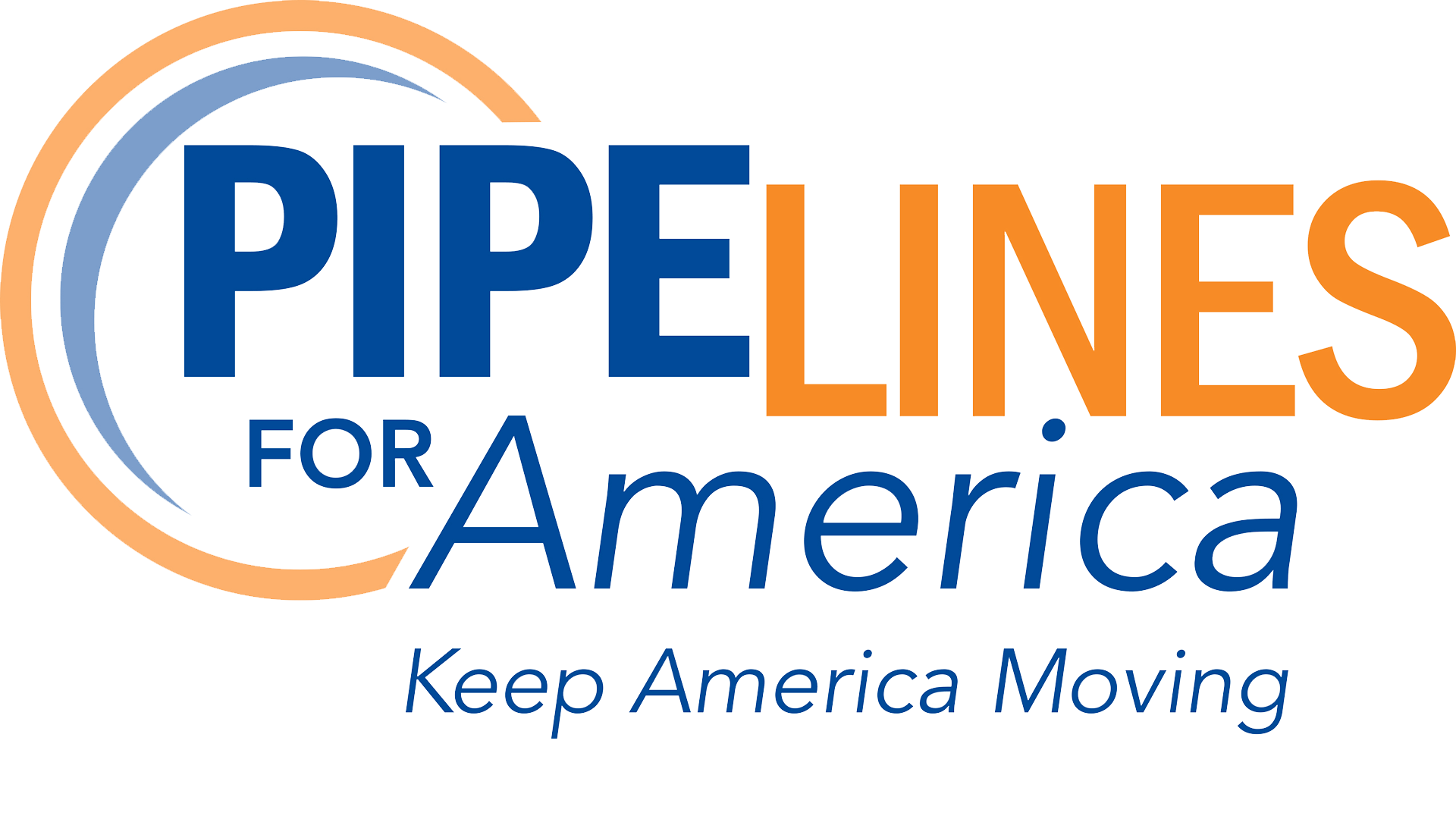Safety
Every hour of every day, pipelines move vitally needed energy products to consumers.
Our energy highway has over 2.6 million miles of extremely safe and reliable pipeline infrastructure. This system is vigorously regulated by several federal and state agencies, with the U.S. Department of Transportation having the primary oversight role of interstate pipeline safety.
The Safest Way to Move Energy
The U.S. Department of Transportation says pipelines are the safest mode of energy transportation and federal data bears this fact out with over 99.99% of all petroleum and natural gas products safely reaching their destination.
For both natural gas and petroleum lines, the major causes of all pipeline releases are down dramatically over the last decade. Billions are spent every year to ensure our nation’s interstate pipelines are monitored 24/7 by sophisticated control rooms and inspected with state-of-the-art tools that can detect very minute anomalies or issues within the system.
Continuous Oversight
The number of federal pipeline safety inspectors has more than doubled since 2011 and federal officials have broad discretion and authority to conduct site visits, inspect safety records, impose substantial fines and penalties, and physically stop pipeline operations.
Pipeline regulations are not just enforced and monitored by the DOT. Other agencies frequently include:
- Federal Energy Regulatory Commission
- Environmental Protection Agency (EPA)
- Department of Interior
- U.S. Army Corps of Engineers
- Department of Homeland Security (DHS)
- U.S. Coast Guard
- Department of Labor
- Occupational Safety and Health Administration (OSHA)
- Various other local and state regulations
Activist organizations opposed to the use of fossil fuels have purposefully driven false narratives about the safety of our nation’s pipeline system to stop development and much-needed infrastructure. Pipeline problems are extremely rare, and while our goals should always be to strive for zero accidents and to hold operators to the highest standards, no one incident should be used out of context to stop the delivery of electricity, home heating, and transportation fuels we need every day to keep our country moving.

